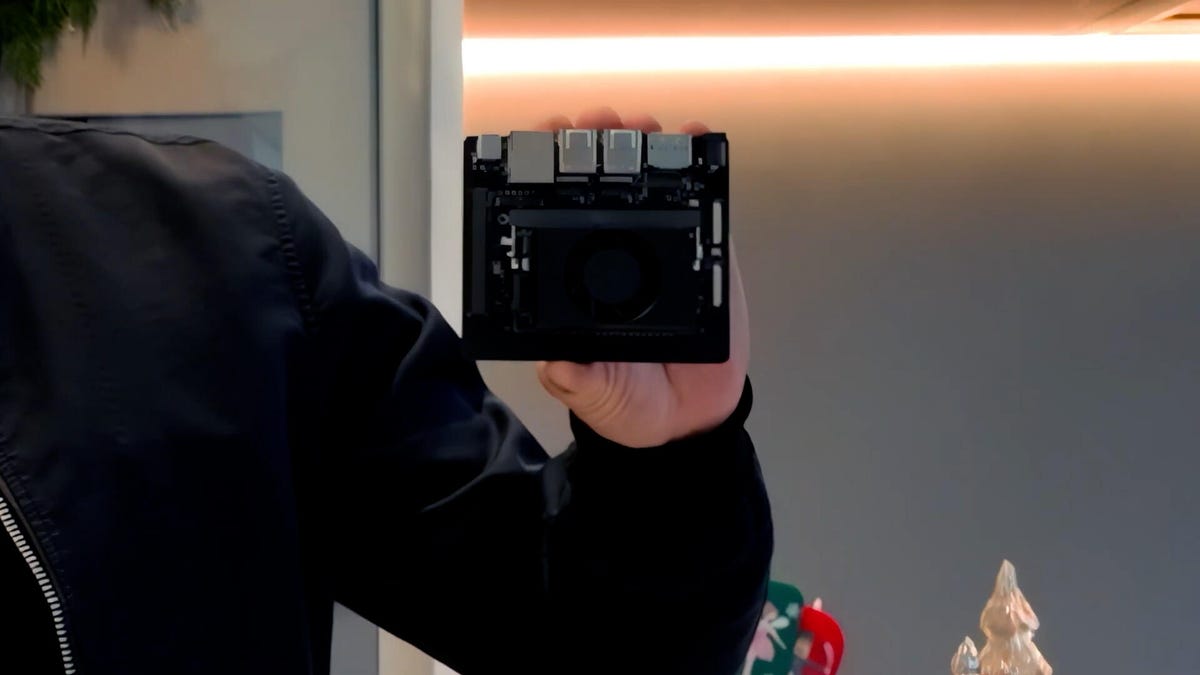The Trump administration has rescinded a rule that was set to limit exports of AI processors made in the US, effective May 15. The so-called AI Diffusion Rule, established during the previous administration, aimed to give the US an edge in the global AI technology race but was criticized for potentially harming US companies by capping their sales.
The Rule and Its Implications
The Department of Commerce stated that the rule would have “stifled American innovation” and “saddled companies with burdensome new regulatory requirements.” The move lifts restrictions on companies like Nvidia from selling AI processors to countries including Mexico, China, and Russia.

Industry executives expressed cautious relief following the decision. Dmitry Zakharchenko, chief software officer for Blaize, noted that the original rule created ambiguity around the interpretation of ‘diffusion’ in deployment, licensing, or technical architecture. The concern wasn’t just about sales but also about cross-country research collaboration and AI model deployment.
Industry Response
Zakharchenko mentioned that some companies are taking steps to mitigate risks from overseas, including secure boot, encrypted pipelines, and regional deployment controls. The Department of Commerce continues to warn against allowing US-made AI chips to be used for Chinese AI models and discourages the use of Huawei Ascend chips for exported products.
The decision reflects a balance between maintaining national security and supporting the competitiveness of US companies in the global AI market.


